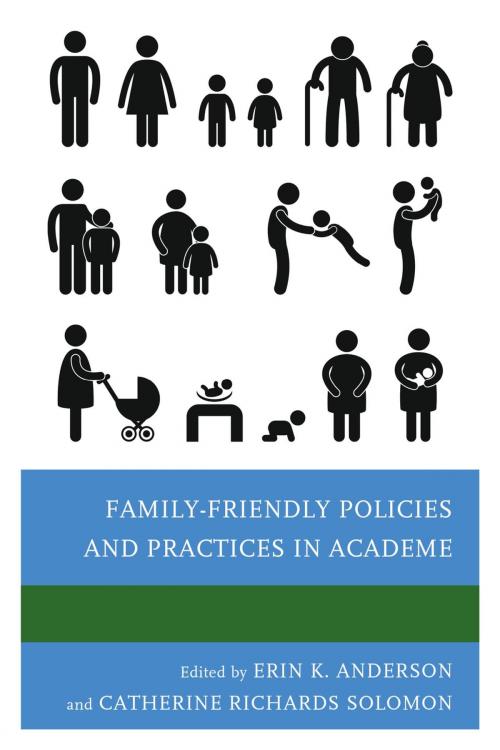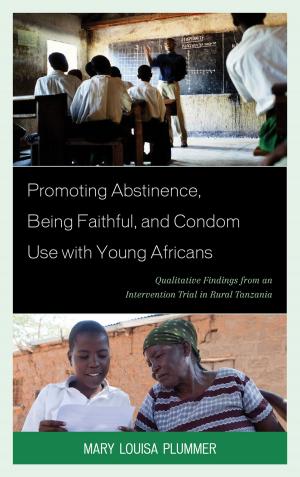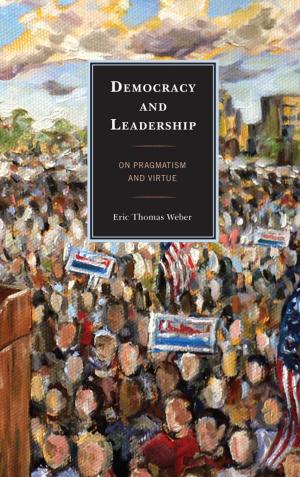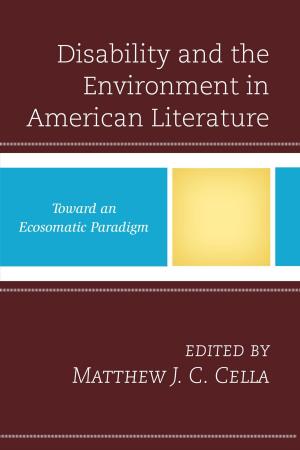Family-Friendly Policies and Practices in Academe
Nonfiction, Social & Cultural Studies, Social Science, Gender Studies, Sociology| Author: | Erin K. Anderson, Catherine White Berheide, Debra L. Berke, Molly Carnes, Jo Handelsman, Virginia Clark Johnson, Rona J. Karasik, Rena Linden, Stacey Oliker, Christine Maidl Pribbenow, Brandy A. Randall, Scott D. Scheer, Amanda I. Seligman, Jennifer Sheridan, Catherine Richards Solomon, Leslie E. Tower, Amy Wendt | ISBN: | 9780739194409 |
| Publisher: | Lexington Books | Publication: | April 16, 2015 |
| Imprint: | Lexington Books | Language: | English |
| Author: | Erin K. Anderson, Catherine White Berheide, Debra L. Berke, Molly Carnes, Jo Handelsman, Virginia Clark Johnson, Rona J. Karasik, Rena Linden, Stacey Oliker, Christine Maidl Pribbenow, Brandy A. Randall, Scott D. Scheer, Amanda I. Seligman, Jennifer Sheridan, Catherine Richards Solomon, Leslie E. Tower, Amy Wendt |
| ISBN: | 9780739194409 |
| Publisher: | Lexington Books |
| Publication: | April 16, 2015 |
| Imprint: | Lexington Books |
| Language: | English |
This volume discusses why faculty and administrators of academe should care about implementing family-friendly policies and practices, as well as how they can advocate for policy changes.
In section one, the book’s focus is on empirical studies that demonstrate the need for innovative programs and policies for faculty at colleges and universities. These pieces explore issues such as the value of work/life programs for employee retention, the need for a variety of family support policies including elder care, and the influence of workplace culture on the use of existing policies.
Section two includes case studies of the process of formulating family-friendly policies and their adoption at a variety of universities. The subjects of these chapters include use of the Family and Medical Leave Act, the enactment of a parental leave policy, the development of a unique “life cycle professorship program,” and strategies used to implement new policies. The case study chapters provide descriptions of the identification of faculty and staff needs and the process of policy development as well as advice to faculty and administrators who seek to develop similar policies at their institutions.
This volume discusses why faculty and administrators of academe should care about implementing family-friendly policies and practices, as well as how they can advocate for policy changes.
In section one, the book’s focus is on empirical studies that demonstrate the need for innovative programs and policies for faculty at colleges and universities. These pieces explore issues such as the value of work/life programs for employee retention, the need for a variety of family support policies including elder care, and the influence of workplace culture on the use of existing policies.
Section two includes case studies of the process of formulating family-friendly policies and their adoption at a variety of universities. The subjects of these chapters include use of the Family and Medical Leave Act, the enactment of a parental leave policy, the development of a unique “life cycle professorship program,” and strategies used to implement new policies. The case study chapters provide descriptions of the identification of faculty and staff needs and the process of policy development as well as advice to faculty and administrators who seek to develop similar policies at their institutions.















